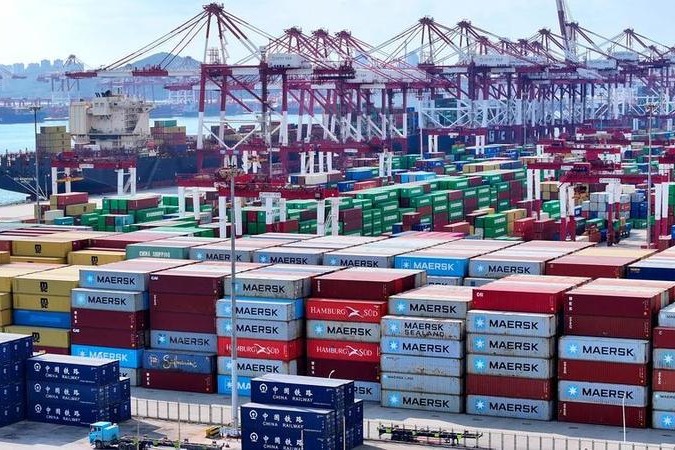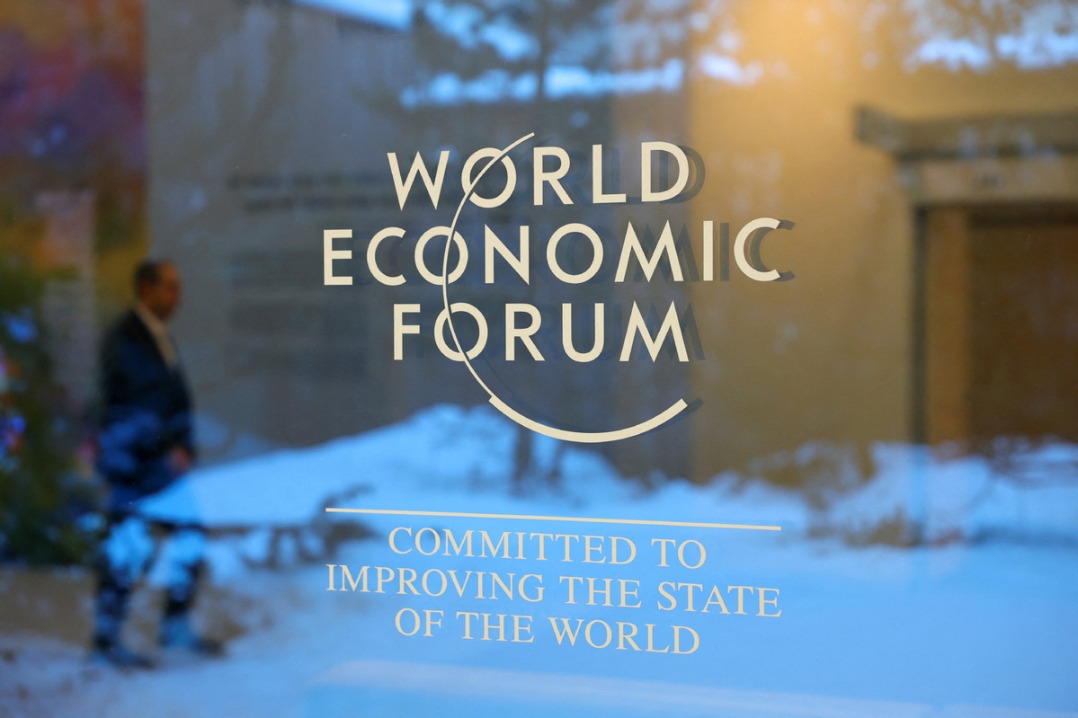G20 coping with crisis of credibility


For the second time in a row, the global focus, rather than being on the G20 Summit, is on the sidelines of the summit. The escalating trade war between the United States and China has made the meeting between President Xi Jinping and US President Donald Trump on the sidelines of the summit the most anticipated global event.
On the sidelines of the G20 Summit in Osaka, Japan, "mini summits" such as the BRICS (Brazil, Russian, India, China and South Africa) leaders' meeting and the Japan-US-India meeting which began last year are also likely to be held. And the Indian prime minister has proposed that a Russia-India-China (or RIC) "mini summit" be started in Osaka.
The RIC "strategic triangle" has been in the works since 1999; and in terms of global governance vision, it is in great variance with that of the United States and its allies. The RIC meeting, if held, will mark the upgrading of their decade-long foreign ministers' trilateral meeting. Many other important bilateral meetings are also expected to be held in Osaka. The shared focus of these meetings is expected to be on managing multiple imminent crises triggered by the US' economic sanctions and tariff hikes, which are pushing the global economy on a downward slide. Worse, this trend threatens to gather speed as the US moves closer to the presidential election.
The main G20 Summit and its agenda seem to lack luster, undermined by myriad conceptual and operational conflicts and convulsions.
First, the last two decades saw the G7 very reluctantly co-opting emerging economies and expanding gradually from G8 to G8+5 to G20.
Second, thanks to the global economic slowdown since 2008 and the more recent differences in the G7(represented by Brexit and the US' isolationist impulses), the West was compelled to make room for Asian countries to play a bigger role in global governance. Led by China, the new trendsetters include India, Russia, Japan, and the Republic of Korea. But they are yet to develop a collective voice or vision.
In this rapidly changing G20 landscape, the birth pangs of an emerging new system can be felt in the trade disputes between the US and China. As such, the three main issues on the agenda of the Osaka Summit-promoting free trade and globalization; removing restrictions on free transmission of data among states; and evolving shared innovations for mitigating the negative impact of climate change as well as their ongoing debates on reforming the World Trade Organization-may not receive due attention.
What is most expected of the Osaka Summit to do is to stop the US from intensifying the trade war with China, because it has had serious global implications.
The Trump-Xi meeting on the sidelines of the G20 Summit in Buenos Aires last year had managed to reach a 90-day truce. That promise was broken by the US soon, as it slapped additional tariffs on $50 billion of Chinese goods, extending it last month to another $200 billion of Chinese goods. And the 11th round of trade talks between China and the US in May broke down because Washington insisted on ludicrous agreements that, obviously, were unacceptable to Beijing.
But the US has not targeted China alone. All the other G20 members have also been targets, although to a lesser extent, of US "firepower". The fissures in the G20 widened at the G20 Summit in Hamburg, Germany, in 2017 when the US withdrew from the Paris climate accord, which made French President Emmanuel Macron exclaim: "Our world has never been so divided."
The US has since continued to undermine several other global governance norms and structures. This calls for the other 19 members of the G20 to explore strategies to rejuvenate the grouping and strengthen it through other mechanisms such as the Regional Comprehensive Economic Partnership-the proposed largest trading bloc minus the US-which should be finalized early by accommodating the members' mutual strengths and limitations.
The author is a professor at Jawaharlal Nehru University (New Delhi) and adjunct senior fellow at The Charhar Institute (Beijing). The views don't necessarily represent those of China Daily.
- China and Japan promise greater foresight, broader vision: China Daily editorial
- Washington should work with Beijing to stabilize the world
- Cold War prism gives distorted view of trade: China Daily editorial
- G20 should set right direction for cooperation
- Xi-Trump meeting may avert the worst scenario


































